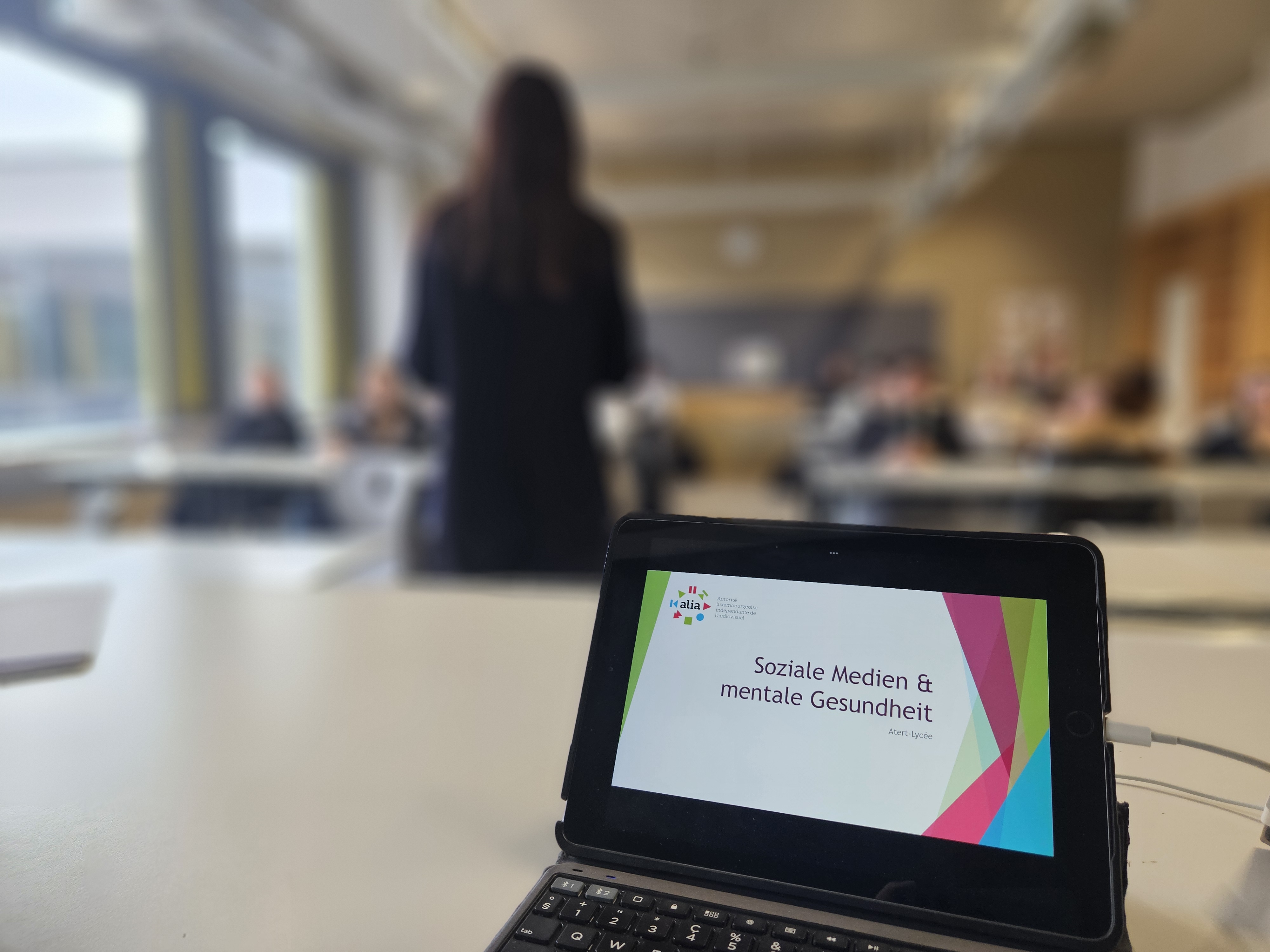The internet has become the main source of information, including for health and wellbeing issues. Until recently, Google searches and discussion forums were the preferred approaches to getting answers about symptoms or other health-related concerns. Now, more and more people are turning to TikTok’s search function or to near-human interactions with artificial intelligences such as ChatGPT. These tools offer rapid and often more direct access to information, profoundly changing the way we learn about health.
On platforms such as TikTok, Instagram and YouTube, people from a variety of backgrounds come together: patients, non-professionals, ‘Mental Health Influencers’ and even health professionals discuss issues relating to physical and mental well-being. The diversity of formats – personal testimonies, live discussions or scientific videos – opens up new possibilities for disseminating knowledge. However, the quality of this information varies considerably. While some content provides solid, reliable advice, others can be misleading and even potentially dangerous.
The Covid-19 pandemic vividly demonstrated the extent to which social networks play a crucial role in the dissemination of health information and the extent to which they influence individual opinions, fears and behaviour – sometimes with considerable consequences for collective health. Against this backdrop, the promotion of digital health skills is becoming a growing priority.
As part of a joint project with Atert-Lycée and the Service National de Psychiatrie Juvénile (SNPJ), ALIA has been examining the question of how to effectively search for health information online, understand it, assess its relevance to one’s own health and use it constructively in everyday life.
A round table discussion scheduled for next year will mark the conclusion of this project. Representatives of the participating organisations, students and the National Education Minister will meet to draw up a collective assessment and discuss the lessons learned from this initiative.
Social media and mental health
Social media and mental health
Why are digital health skills becoming ever more important?
